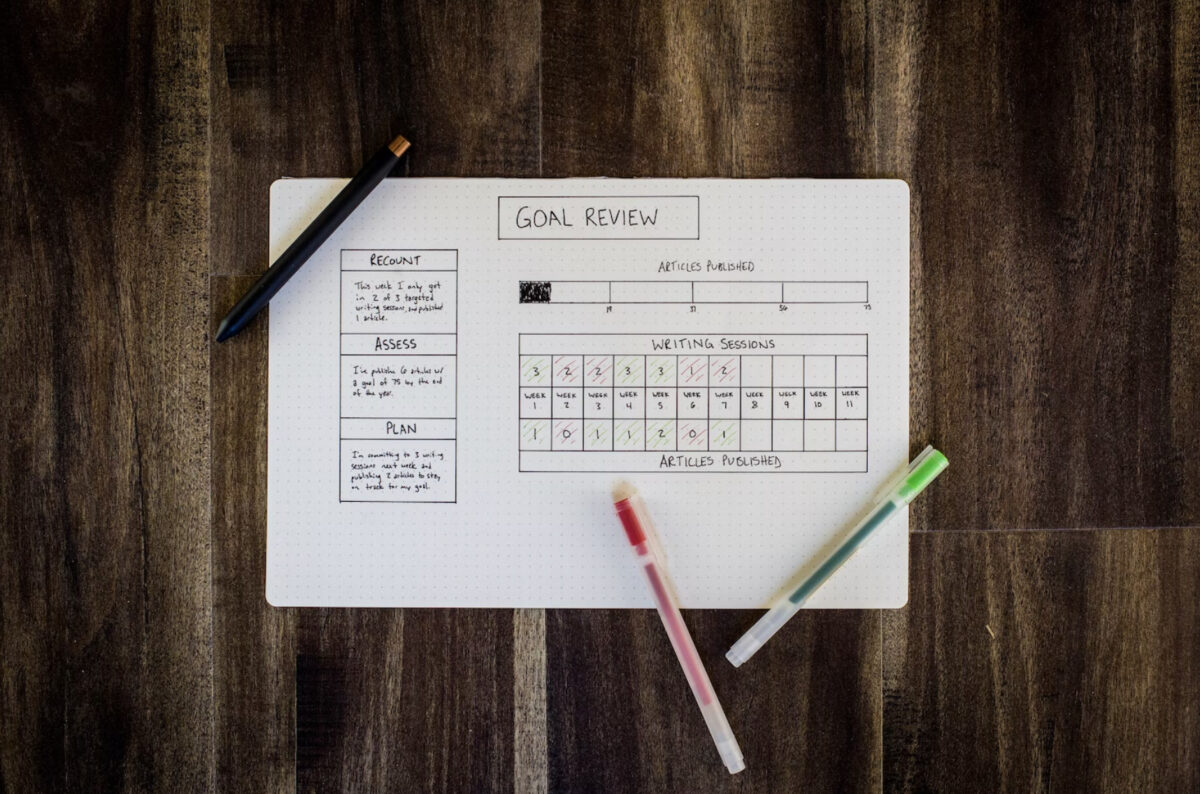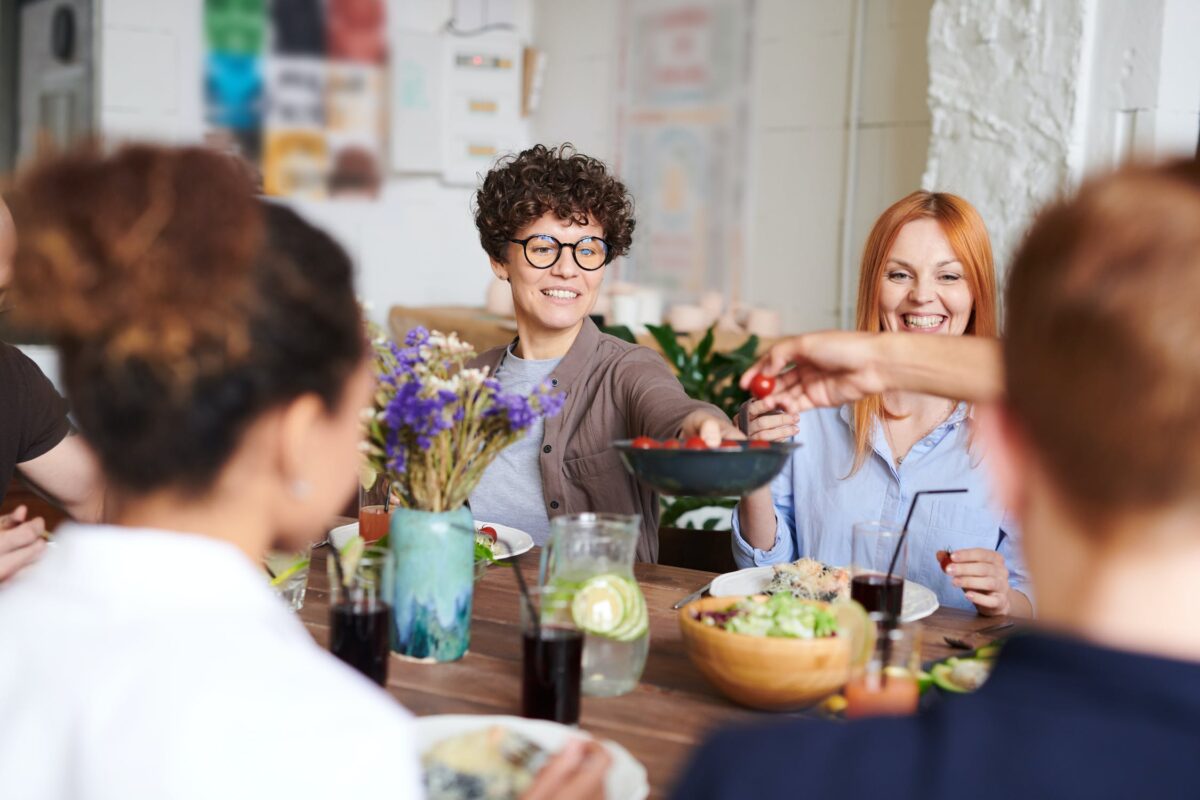By: Grace Lindsey, BA, Certified Life Coach
January: A time of year where everybody tries to become a new version of themselves, repeating the same strategies that haven’t worked. ‘But really…it will work this time’. Sound familiar?
Why do we find it so hard to implement new habits, behaviours or lifestyle choices?
First thing we need to stop doing is “shoulding” ourselves. How many times have you said I should eat less junk food? I should workout more. I should try and be more social. Etc. Why “should” you do those things? Because society says so? Because your parents say so? Because you think you might be more loveable if you do? Instead of shoulding ourselves, I propose we get clarity on a compelling future or vision where we are working towards something that is meaningful and attainable.
‘Should’ pushes us nowhere, meaning combined with action pulls us forward.
When it comes to setting goals and implementing change, we must first look at our motivation. Knowing why a goal is important to us along with what benefits the achievement will bring is what will keep us going when we want to quit. It is within those moments that we keep going where our growth becomes limitless.
Once we are clear on the deeper meaning behind our goals, exploring the feeling attached to desired outcomes is important. For example, if your goal is to lose 10lbs, ask yourself: What will I feel like when I have lost this weight? Is it confident? Is it free? Will you feel more energized to play with your kids on the weekend? When it comes to wanting something, we are usually seeking the feeling of achieving the goal vs the goal itself.
Lastly, we must have a daily practice in place where we are reminding ourselves of all the things mentioned above. For example:
- five minutes of writing them down at the beginning of our day
- meditating on them
- reading them before we go to sleep every night
- saying them out loud on the way to work
- mentally rehearsing living our lives as this new version of us – what choices do you make? What habits do you have? How do you live?
This part is crucial for profound and lasting results. Unfortunately, living in hope that we will achieve the goals we set on January 1st, is just not enough to see it through. It is vital we remind ourselves as regularly as possible where we are heading, why it is important to us, what the feeling we are trying to achieve is and who we are becoming.
Another key ingredient is finding joy in the process. No journey is ever linear and if we are living in “I’ll be happy when I achieve this or change that” we will never truly be happy because our success, fulfilment and worthiness will be determined by our outcome. Plus, by the time we have achieved it, our goal post will probably have moved, and we will want something else anyways.
Here are 6 powerful questions to set meaningful goals and make lasting change:
- What do I want to achieve/what is my goal?
- What makes achieving this goal important to me?
- What benefits will achieving this goal bring to me?
- How will achieving this goal make me feel?
- How could I cultivate that feeling right now/every day?
- What daily practice can I put in place to remind myself of all these things?
It is now, we can take the first action step towards our compelling future.





